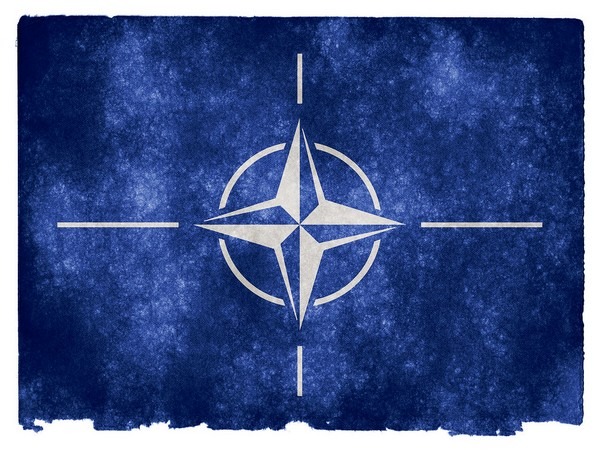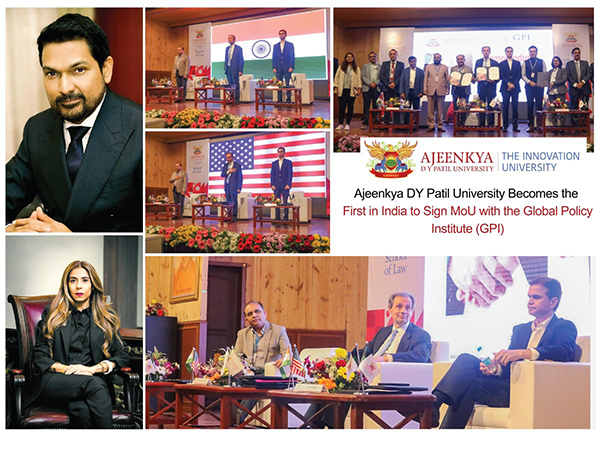EU, NATO officials criticise Georgia 'foreign agents' law
May 16, 2024
Tbilisi [Georgia], May 16: European Commission and NATO officials on Wednesday criticized Georgia's adoption of a law requiring foreign-funded organizations to register as "foreign agents."
"The spirit and content of the law are not in line with EU core norms and values," said a statement by EU foreign affairs chief Josep Borrell and Enlargement Commissioner Oliver Varhelyi.
On Tuesday, Georgia's parliament passed the controversial legislation despite angry protests in Tbilisi and urging by the EU and the United States not to adopt it.
Thousands of people once again took to the streets of the capital on Tuesday evening. One of their chief concerns is that the law threatens Georgia's path to European Union membership.
Many also fear that in the former Soviet republic - as in neighbouring Russia - critical organizations and media will be silenced.
"Despite large protests and unequivocal calls by the international community, the Georgian government ruling majority adopted the law 'on transparency of foreign influence' in Parliament," the statement by Borrell and Varhelyi said.
The two commission officials also condemned attacks on Georgian activists and journalists.
"The intimidation, threats and physical assaults on civil society representatives, political leaders and journalists, as well as their families is unacceptable. We call on the Georgian authorities to investigate these documented acts."
In a post on X, NATO spokeswoman Farah Dakhlallah said that the law's passage "is a step in the wrong direction and takes Georgia further away from European and Euro-Atlantic integration. We urge Georgia to change course and to respect the right to peaceful protest."
Source: Qatar Tribune








